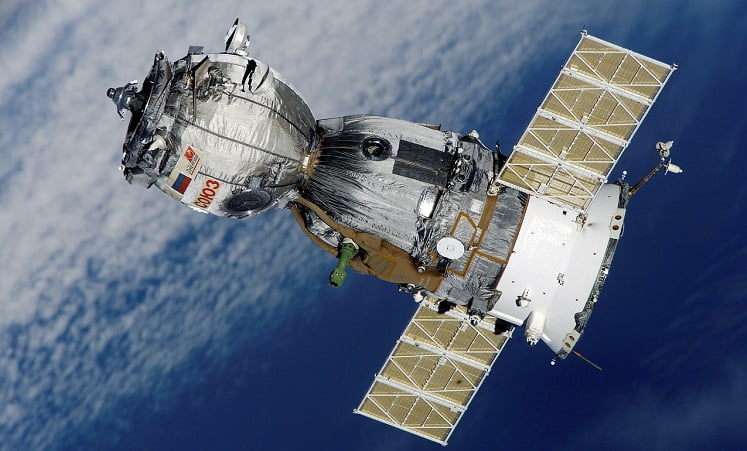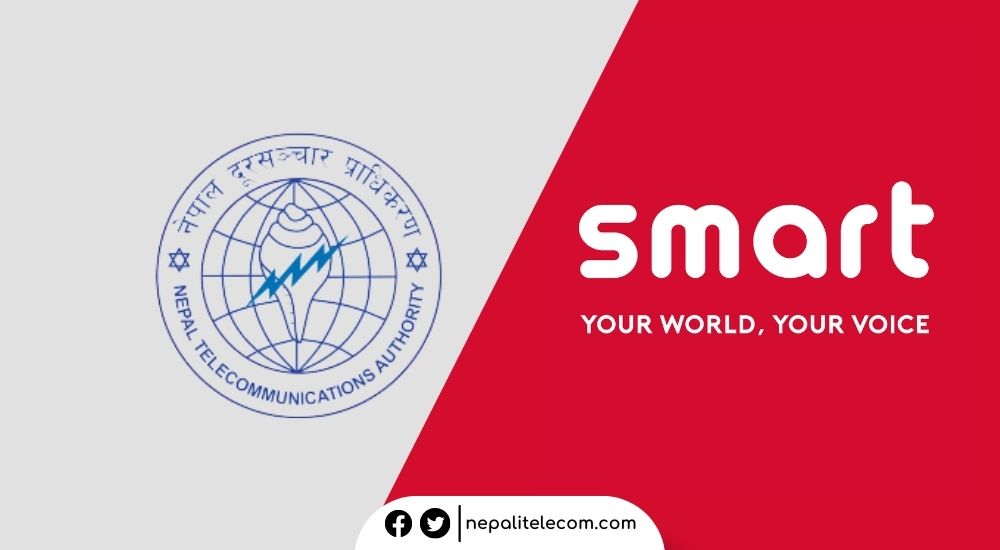The Nepal Telecommunications Authority (NTA) has scrapped an EOI (Expression of Interest) to launch Nepal’s own satellite. The regulatory body issued a notice on Monday dismissing the procedure aimed at launching satellites in the orbital positions allocated to Nepal by ITU.
NTA issued the EOI on October 6, 2016, intending to bring its satellite into operation. NTA was to shortlist the interested candidates based on the EOI. But the recent announcement came from NTA regarding the cancellation of the process for placing the satellite. NTA spokesperson Min Prasad Aryal informed about the old procurement process to cancel.
As the government of Nepal had already developed a Satellite policy with which they will set up a new satellite within 2 years. The policy also binds all of the service providers to use it compulsorily. So, after the cancellation, they shall formulate a new plan in line with the government’s policy for satellite.
NTA has included the issue of policy management of satellite in its annual program for the current financial year. Accordingly, they prepared international standard procedures, operational modalities, and business models to establish Nepal’s own satellite. Similarly, they have planned for legal and policy arrangements for control, regulation, and security purposes.
The project for the orbital position allocated by ITU was supposed to launch Nepal’s first satellite. But Nepal had successfully launched a nano-satellite called Nepalisat-1 in space.

Reason for Cancellation of Satellite Procurement Process
The International Telecommunication Union (ITU) had allocated two orbital slots to Nepal in 1984 at 50 degrees and 123.3 degrees east longitude. But a study by the Ministry of Communications found that it was not appropriate to place a satellite in the orbital slot provided by ITU for Nepal. The study concluded that an orbital slot of 8 degrees east longitude would be suitable for Nepal.
With the Sallite policy, NTA also found the old process not to be timely and updated. This is also the reason for the cancellation of the old satellite project.
As known, the satellite project would cost around Rs. 30 billion to maintain a satellite. Source. Moreover, the authority sought the EOI to find out how to use the two available orbital slots and the exact business model for the satellite.
The process of shortlisting the interested candidates got stuck after a shift in government. Then Minister of Communications and Information Technology, Gokul Baskota, skipped the process of shortlisting and decided to sign an MOU with France.
Accordingly, the Nepal Telecommunication Authority signed an MOU with Thales Alenia Space, a Company of France for having and managing its own satellite. The government faced criticism for trying to advance the satellite project through the G2G process.
Thereafter, a scandalous secret tape with a local agent made Minister Baskota resign from his post. So, the satellite project couldn’t complete the earlier procedure.
What is your opinion about the cancelation of Nepal’s own Satellite project? Write it down in the comment section below.












